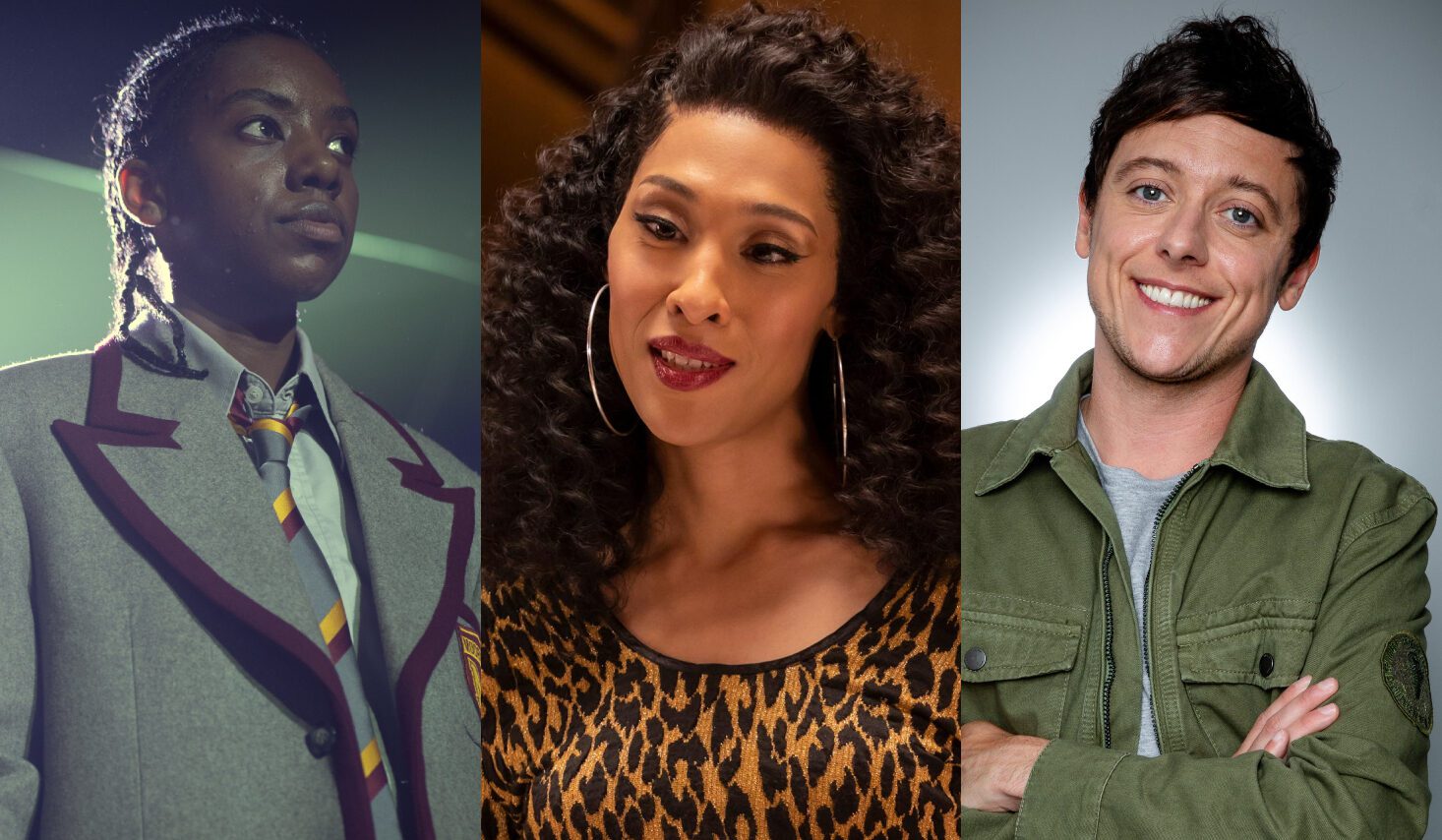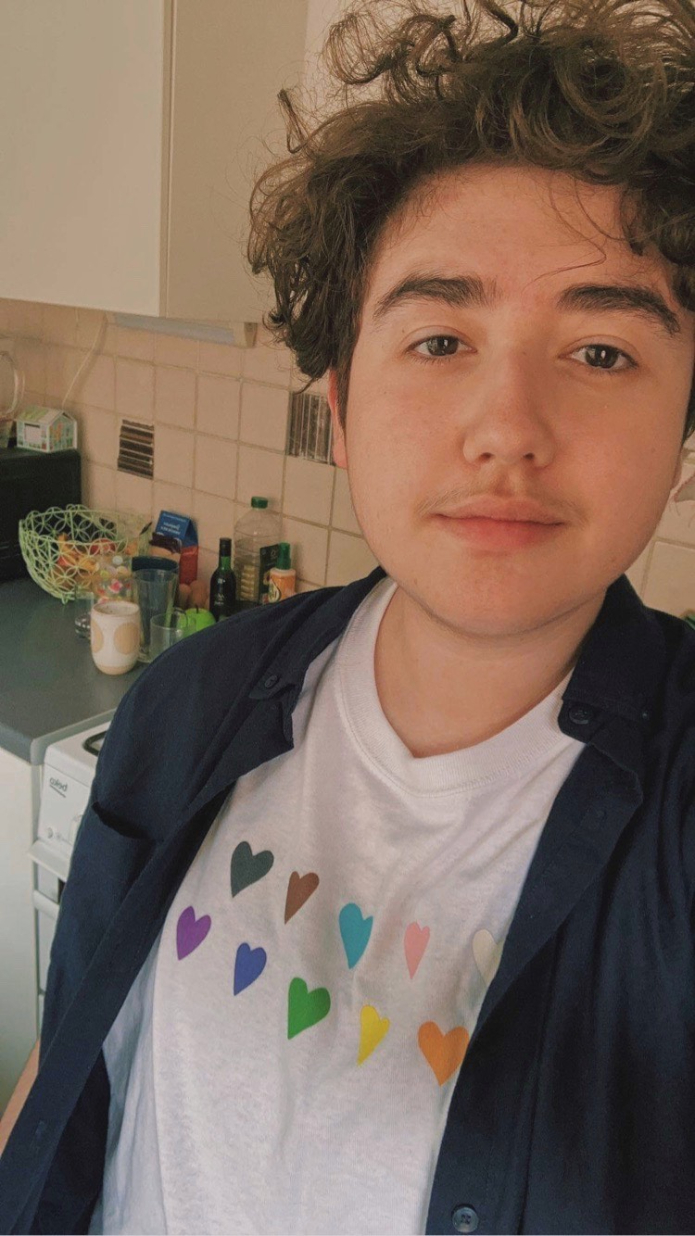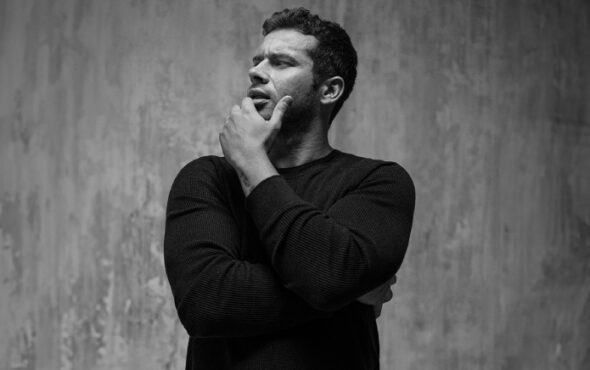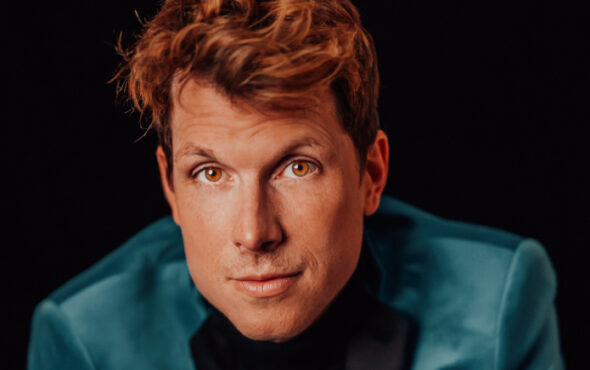
It took me a long time to find that the word trans was for me. I didn’t really know that trans men existed when I was growing up, and though I’ve always used films and TV as an escape to explore new worlds and meet new characters, for a long time I never came across a character like me. It felt like I was alone. I didn’t know any other trans men in my real life, and was desperate to see someone on screen who was like me.
Finally, over the last few years, I’ve had the joy of seeing more TV shows and films that represent trans characters, showcasing their full lives and personalities. On Trans Day of Visibility, it’s more important than ever that we discuss trans representation, because trans characters have the power to make trans young people like me feel seen.
My family’s favourite soap, Emmerdale, introduced its first trans male character in 2018 called Matty Barton. Before this, I had never seen a character in the media that I saw myself in. I was still in the closet at the time, but it felt like a huge victory to be represented on a show so big.
He was a returning character, so he already had a connection to longtime viewers, and was likely the first time many of them had even seen a trans man. A trans actor, Ash Palmisciano, was even cast in the role! Watching Ash play Matty in Emmerdale was so important to me. It told me that trans men can be actors who can tell their own stories.
His storyline covered coming out, his transition and getting top surgery, falling in love, and being a member of the community. His character allowed me to start the conversation about being trans with people in my life, and helped them to understand my experience.
This made it easier when I came out to my family as a trans man because they had already seen Matty go through some of the changes I wanted. It felt less scary because I had a character I could relate my feelings to, who I could use to explain what I was going through. Even though Matty was just a character, he made me feel less alone.

Since I came out, I’ve been thrilled to see the number of trans characters on TV and film grow.
Pose portrays a wide cast of BIPOC trans women playing trans characters, and explores the experiences of BIPOC trans people in the 1980s New York ballroom scene and the impacts of poverty and AIDS. I’ve found that a lot of media surrounding this period in history often leaves out the stories of trans people, and it felt like a breath of fresh air to see their stories explored so openly and honestly.
Another of my favourites is Colette (2018), which stars a trans man as a leading love interest. I can’t count the many times I’ve teared up at this storyline, it feels so rare to see a trans man loved and respected for who he is.
Popular Netflix productions now represent well-rounded trans characters where their gender identity is just one aspect of their story, for example Elle in Heartstopper and Cal in Sex Education. These shows help humanise trans people and allow viewers to empathise with our experience.
One scene from Sex Education that really stuck with me was the moment Cal helped a non-binary friend try on their first binder. This is a moment I’ve experienced myself, and it was beautiful to see the pure joy of this experience represented. It perfectly sums up why it is so vital for trans people to see characters like them on a journey to find themselves and live happily: it made me feel seen.
Charlie is an ambassador for Just Like Us, the LGBT+ young people’s charity. If you’re LGBT+, age 18-25 and living in the UK, you can volunteer for the Ambassador Programme here.



